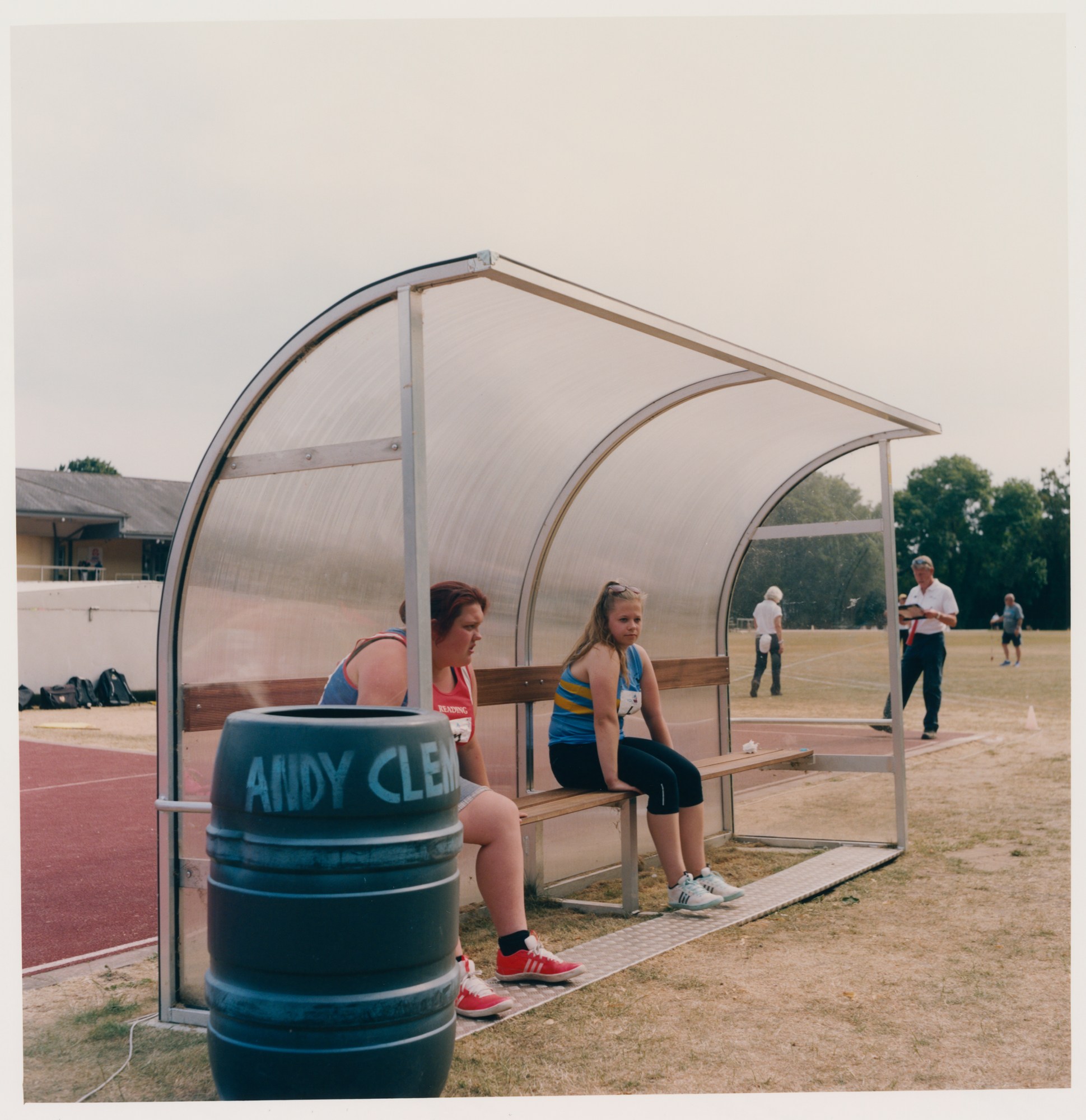In October of last year, we invited a series of young writers to reflect on what Britishness means to them for The Superstar Issue of i-D. From the nostalgia of home, to fears over rising rents, to the sense of displacement from the place we thought we once knew, our identity has never been more complex. So what does being British mean for a country facing its biggest shift in decades? And does it still matter? Read the full series here.
Is British culture a monolith? When you ask people what it means to be British, would they all think the same thing? Or is the idea of ‘Britishness’ constantly evolving, changing faster than we can define it? It’s probably the latter. Growing up in Northern Ireland, which is not technically part of Britain, gives you a unique perspective on British culture. You’re an outsider looking in. The issues which take precedence for the rest of Britain often have a completely different importance here – whether that’s what will happen to Ireland when we’re dragged through the trauma of Brexit and a potential hard border, and whether our LGBT and abortion rights will be dragged out of the dark ages too.
Earlier this year The Republic of Ireland voted to repeal the 8th Amendment of their Irish constitution, a piece of legislation that prohibited abortion. But for Northern Irish people, abortion is still a crime, punishable by up to life in prison. The 8th Amendment doesn’t extend to Northern Ireland but neither does the Abortion Act, which protects the right to choose in the rest of the UK.
I was six when the Good Friday Agreement was signed in 1998, bringing an end to years of sectarian conflict and paramilitary violence. But things happen slowly in Northern Ireland. Sometimes they don’t happen at all. Our relationship with the rest of the UK is complicated. It often feels like British laws are only extended to Northern Ireland in an ad-hoc, chaotic way. The Abortion Act won’t protect us, but when the Brexit vote happened in 2016, it felt as though it was an English decision imposed on Northern Ireland without any kind of consideration for what it would mean for Irish people, and for re-politicising the Irish border.
Laws that’ve been dragged out of the dark ages in the rest of the country drag us down instead. As a teenager, my friends and I would hang out in town every Saturday, spending our EMA money in gleaming shopping centres while across the road from a brand new Starbucks pro-life advocates handed out graphic photographs of bloodied foetuses and compared abortion to the Holocaust.
Extreme viewpoints live alongside each other in Belfast, for the most part ignoring each other with a mutual determination that can almost look like harmony before occasionally exploding into violent acrimony. Religious tribalism still exists in pockets across the city, in tricolours and Union Jack flags burned on fifty foot high bonfires during rainy summers or cracked red white and blue paint daubed on pavements to mark out territory.
We all want to be proud of where we came from, to reconcile negative opinions of a place with our own memories. Yes, the establishment in Northern Ireland can be useless at best and actively draconian at worse, but the establishment isn’t the people, who are everything the government is not: passionate, engaged, resilient, modern, committed and compassionate. Politics is in our blood. So is protesting when those politics don’t represent your vision of the world. Right now we stand out for all the wrong reasons. But I believe that soon enough we can follow the example set by the Repeal campaign in the Republic, and start standing out for all the right ones.
Credits
Photography Sam Rock

